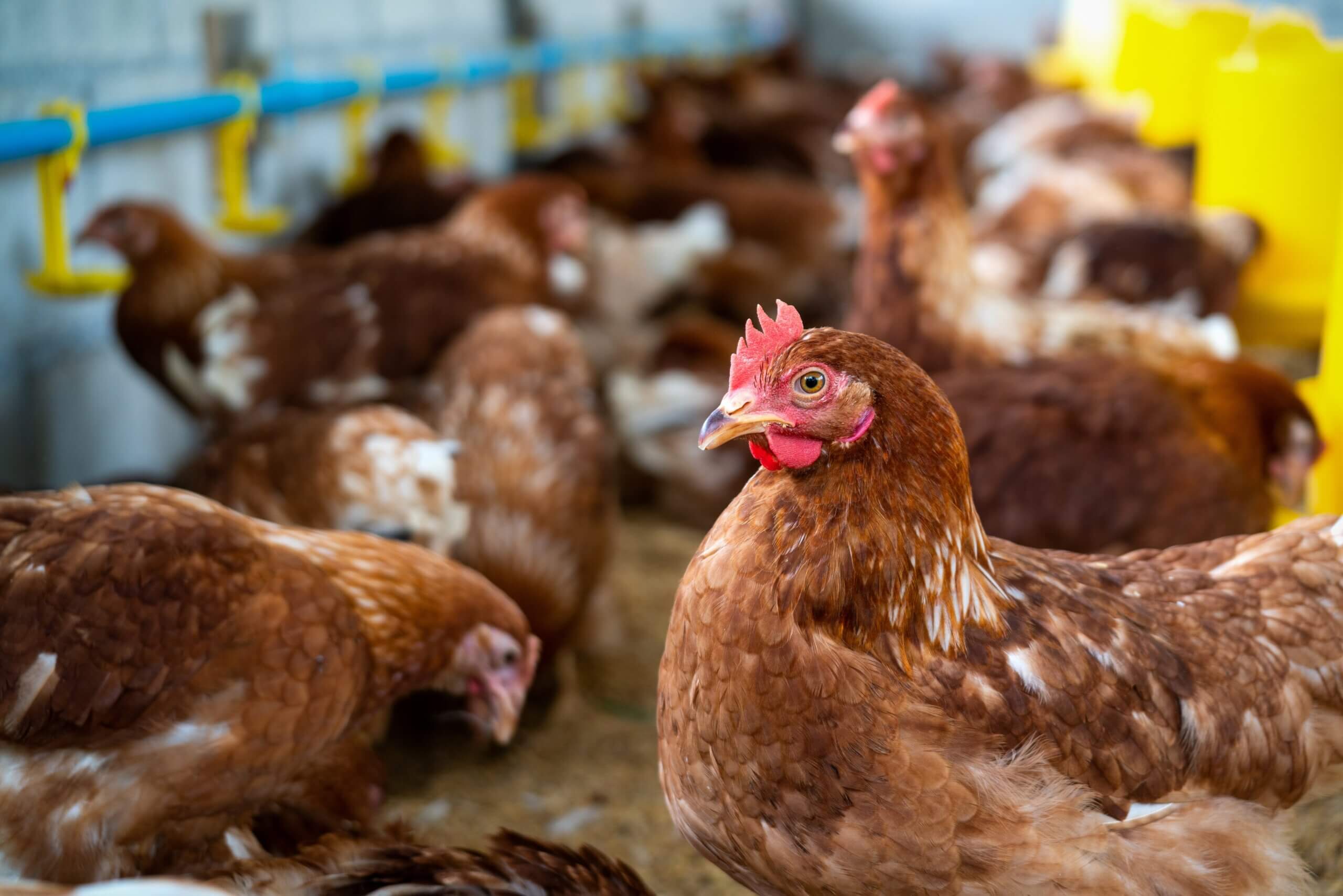China suspends Argentine poultry imports amid avian flu case
Photo: Freepik.
China’s General Administration of Customs confirmed a new suspension on poultry imports from Argentina after health authorities detected an outbreak of highly pathogenic avian influenza (HPAI) at a poultry farm in Entre Ríos province, one of the country’s main hubs for chicken production.
The suspension follows a familiar pattern: China has already restricted Argentine poultry exports on several occasions in recent years due to health-related incidents. The latest decision reopens uncertainty for the South American country’s agribusiness sector, which relies heavily on China as one of its largest poultry markets.
According to Argentina’s National Service of Agri-Food Health and Quality (SENASA), emergency protocols were immediately activated. The affected farm was placed under strict quarantine, sanitary controls were reinforced in the surrounding area, and epidemiological studies were launched to prevent the virus from spreading. SENASA also stressed that the Argentine poultry supply chain has robust monitoring systems in place to contain outbreaks quickly.
The impact of the suspension could be significant. Poultry products, including chicken meat, eggs, and by-products, represent a vital segment of Argentina’s agricultural exports, generating thousands of jobs and contributing substantially to foreign exchange earnings. In recent years, China has accounted for more than a third of Argentina’s poultry exports, making its restrictions especially disruptive.
Industry experts emphasize that regaining market confidence will require Argentina not only to prove the effectiveness of its containment measures, but also to accelerate investments in biosecurity, traceability, and certification processes. Diversifying export destinations beyond China is also being discussed as a long-term strategy to reduce vulnerability to sudden bans.
For China, the decision aligns with its strict zero-risk policy regarding food imports, particularly when it comes to zoonotic diseases that may threaten domestic supply chains. The Chinese market has similarly applied temporary suspensions on poultry products from the U.S., Brazil, and several European countries when outbreaks have been reported.
Argentine authorities, together with SENASA, are preparing a detailed technical dossier to be presented to Chinese regulators. The aim is to demonstrate that the outbreak was contained and that export protocols remain reliable. Officials in Buenos Aires expressed optimism that the measure could be lifted once Beijing reviews Argentina’s updated sanitary guarantees.
Analysts see this episode as another reminder of the fragility of agri-food trade between China and Latin America, which is increasingly subject to health protocols, sudden restrictions, and geopolitical shifts. For Argentina, balancing its dependence on China with broader market diversification will be a central challenge in maintaining stability in its poultry sector.
* Original text in Spanish. Translated by Large Language Model (LLM) technology.
Main Source:
China volvió a suspender la importación avícola de Argentina por un caso de gripe aviar – Editor Mendoza
Related News:
China Buys Record Volumes of Argentine Soybeans in Supply Diversification Push
Argentina’s Trade Gap With China Widens as Exports Fall and Imports Soar
Imports from China to Argentina Surge by Nearly 80% in the First Half of 2025

